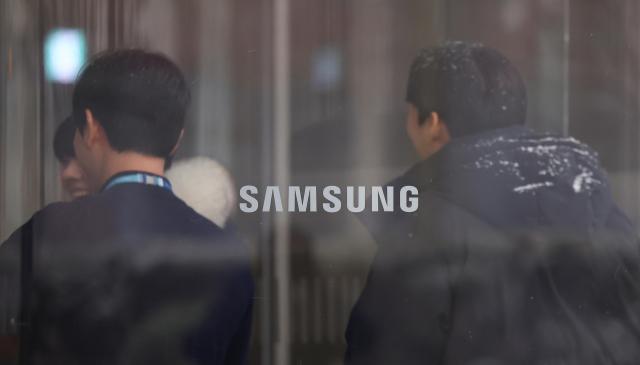
SEOUL, June 28 (AJP) - Samsung Electronics' renewable energy consumption exceeded 10,000 gigawatt-hours for the first time in 2024, reaching 10,069 GWh and representing an 8.4 percent increase from the previous year, the company reported on Friday. The milestone was disclosed in Samsung's 2025 Sustainability Management Report, which detailed the company's environmental, social and governance performance alongside its expanding commitment to clean energy adoption across global operations.
The company's renewable energy conversion rate improved to 31.4 percent in 2024, up from 31.0 percent in 2023 and 30.7 percent in 2022, demonstrating steady progress toward its carbon neutrality targets. The Device Experience division achieved a 93.4 percent renewable energy conversion rate, while the Device Solutions semiconductor division reached 24.8 percent. Samsung also introduced its first domestic power purchase agreements for solar energy, marking a significant expansion of its renewable energy infrastructure.
Samsung established multiple PPA contracts throughout 2024 to accelerate renewable energy adoption. The DX division completed 5.8 megawatt solar PPA facilities at manufacturing sites in Gwangju and Gumi in March, with an additional 10 MW contract signed for the Gwangju facility in February 2025. The DS division secured 115 MW of solar PPA contracts for domestic operations in June and signed a 10-year agreement with Korea Water Resources Corporation for 254 MW from the Sihwa Lake tidal power plant.
The company also reported energy efficiency improvements across its product lineup, with seven representative models showing 31.5 percent reduced power consumption compared to 2019 models with equivalent specifications and performance. Samsung's domestic workforce reached a record high of 125,297 employees by the end of 2024, an increase of approximately 4,500 from 2023, while total global headcount declined to 262,647 due to overseas workforce reductions. The achievements support Samsung's environmental strategy announced in September 2022, targeting carbon neutrality for the DX division by 2030 and company-wide carbon neutrality by 2050.
Copyright ⓒ Aju Press All rights reserved.

